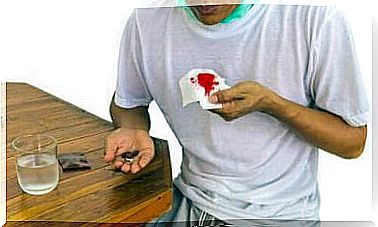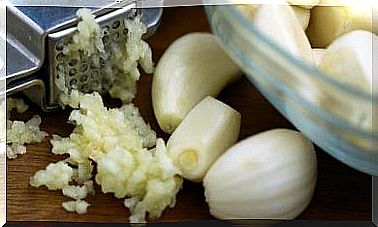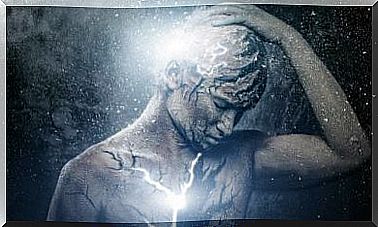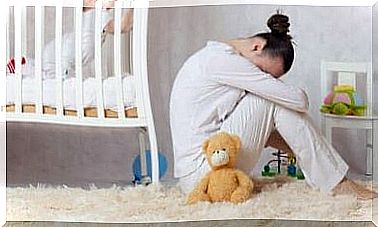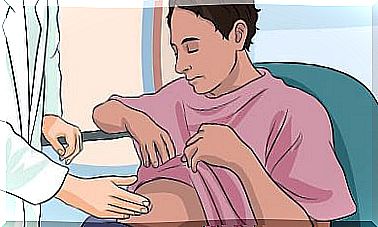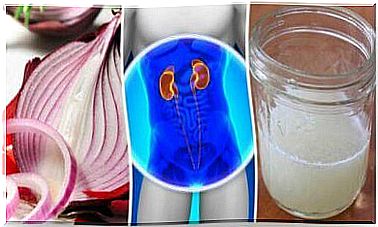Coping With Childhood Psoriasis
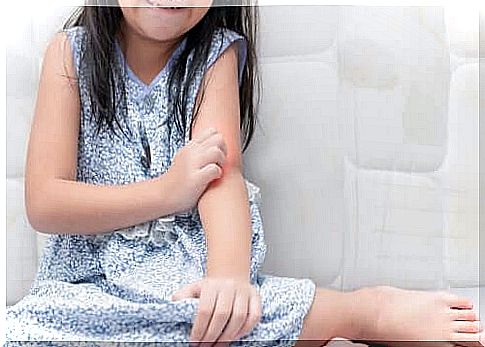
Psoriasis, also called scaling disease, is a disease that affects both men and women. It affects an average of 2 to 3% of the population. However, it is quite rare in children. In this article we try to tell more about psoriasis in children. We will discuss what the symptoms are and what treatment and prevention options exist.
Psoriasis
Psoriasis is an inflammatory autoimmune disease in which the skin is damaged. It is characterized by flaky skin and skin redness. Although it is not contagious, it can be hereditary and chronic.
Normally, a healthy body produces normal new skin cells every three to four weeks. Psoriasis causes these cells to reproduce much faster, about every 15 days. This means that dead cells accumulate in the form of prominent spots on the skin’s surface.
Psoriasis can affect any part of the body. However, it usually appears on the skin of:
- elbows
- hands
- belly
- back
In addition, it is a common condition. Although it usually manifests itself after adolescence, it can develop at any age, and so psoriasis can also occur in children.
Triggers
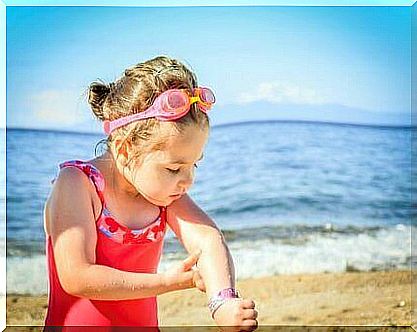
In general, some factors that can trigger a psoriasis outbreak or make it worse include:
- Bacterial, viral or fungal infections.
- Trauma or skin injury.
- Psychological factors, especially stress.
- Excessive exposure to sunlight (sunburn).
- Lack of sunlight (cold weather).
Clinical manifestations of psoriasis in children
The clinical manifestations of psoriasis in children are often the same as in adults. However, the most common types of psoriasis in children are the following three types:
Psoriasis vulgaris. This form is characterized by red skin lesions covered with silver scales. These lesions usually appear on the elbows, knees, and trunk. They can also only affect the scalp.
Guttate psoriasis. This is the most common type in children and young adults. It usually manifests after infection in small, water drop-shaped lesions on the trunk and extremities. However, they can also form on the scalp.
Psoriasis inverse. Although not common in children, this type of psoriasis, which is also known as “pediatric psoriasis,” is also included in this group.
Treatment of psoriasis in children
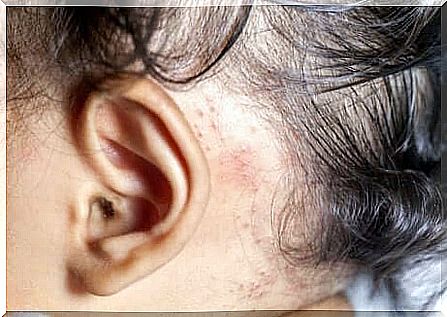
You should always consult your doctor if you suspect your child has this condition or if there is a family history of psoriasis. He may refer you to a pediatrician or dermatologist as they can prescribe the best treatment.
In general, the doctor will prescribe a therapy that may include moisturizing or other topical treatments such as salicylic acid, for example.
In any case, you should take into account that psoriasis can suddenly manifest on the skin. It can also affect your child’s self-esteem, especially if the psoriasis is widespread.
Therefore, it is very important to help the child overcome and accept the problem. You should also try to support him psychologically. You should also try to help them increase their self-confidence.
Finally, it is necessary to explain to your child that the treatment has benefits for him and that the discomfort may disappear even if the condition is chronic.
Conclusion
Due to the fact that it is an autoimmune disease and there are many factors that can cause it, it is best to act quickly and avoid the known triggers. Think of things like stress, sunburn and skin injuries.
Finally, we give some final recommendations that may be helpful:
- Use a very gentle bath or shower soap. Also make sure to rinse the skin well after use.
- Since the cold can aggravate the complaints, it is best to dress your child warmly. For this, choose clothing made from natural fibers. It is recommended to choose cotton garments whenever possible.
- Follow the treatment prescribed by the doctor closely.
- Always consult your doctor before using any natural remedy, especially in the case of children.
- Support your child at all times.


